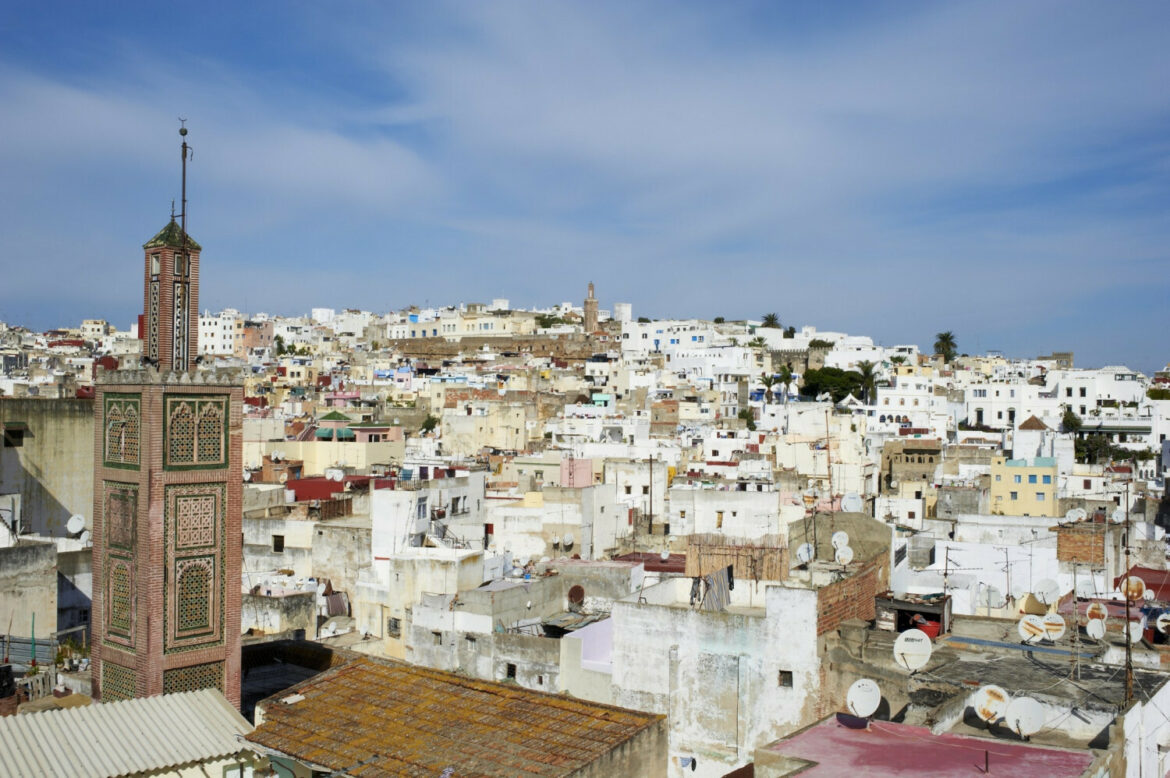Morocco and Algeria, as French colonial provinces, were administered by representatives of the collaborative Vichy government after the surrender of Paris in 1940. Although relations between the Prime Minister of France, Philippe Pétain and the Third Reich were close and France sent its Jews to extermination camps located in occupied Poland, the Holocaust did not take place in French North Africa. Thus, both Algeria and Morocco became a place of refuge for Polish Jews, who remained under the protection of Polish diplomacy there; archives say about 800 people.
The Polish representative office had operated in this region from 1941 when Emeryk August Hutten-Czapski (1897-1979) became the delegate of the Director of Polish Offices in North Africa. The name of this institution indicates that Poles were unable to act there as an embassy or consulates, as representatives of other countries did, due to pressure from Germans who wanted to disavow or eliminate Polish diplomatic representation provided the Polish government in exile was not recognized by the Third Reich. The situation changed after the Allies’ landing operation “Torch” was launched in November 1942. As a result, from 1943, Hutten-Czapski was able to act as the Consul General of the Republic of Poland in North Africa, representing the legal Polish government in Algiers at the French Committee of National Liberation.
Jewish Polish citizens, arrived in the Maghreb mainly from Spain, which was not considered safe for them, by mainly two ways: either as refugees evacuated by Gibraltar (in cooperation with the British) or through individual escapes. The evacuation actions were coordinated by the ambassador of the Republic of Poland in Madrid, Marian Szumlakowski (1893-1961). The main refugee centers of Polish Jews were located in: Algiers (Algeria) – 100 people, in Casablanca – 160 people and Tangier (Morocco) – 500 people. Polish Jewish refugees were also seen in other Moroccan cities. Some of the Jewish newcomers, as requested by the French government, stayed in the Moroccan internment camp-shelter Sidi Ei Aiachi, as well as in labor camps, such as Settat, Im-Fout, Berguent, Djerada and Bou-Arfa, Dielfa, Qued-Zem and Arcole in Oran. Furthermore, a group of 100 Jewish members of the communist International Brigades was evacuated by Szumlakowski. They then joined the Jewish diaspora in the Maghreb.
In January 1943, thanks to the presence of a Polish representative in the Franco-American exemption commission, which was held in Sidi-El-Aiachi, all Polish Jews as well as stateless persons and Jews with other than Polish (German, Austrian, Yugoslav) citizenship were released from the camps. Efforts to free Jews from these places, as well as to transport them all to England, were made by Polish diplomacy from 1942, as soon as there was a chance to change the political situation in this area.





